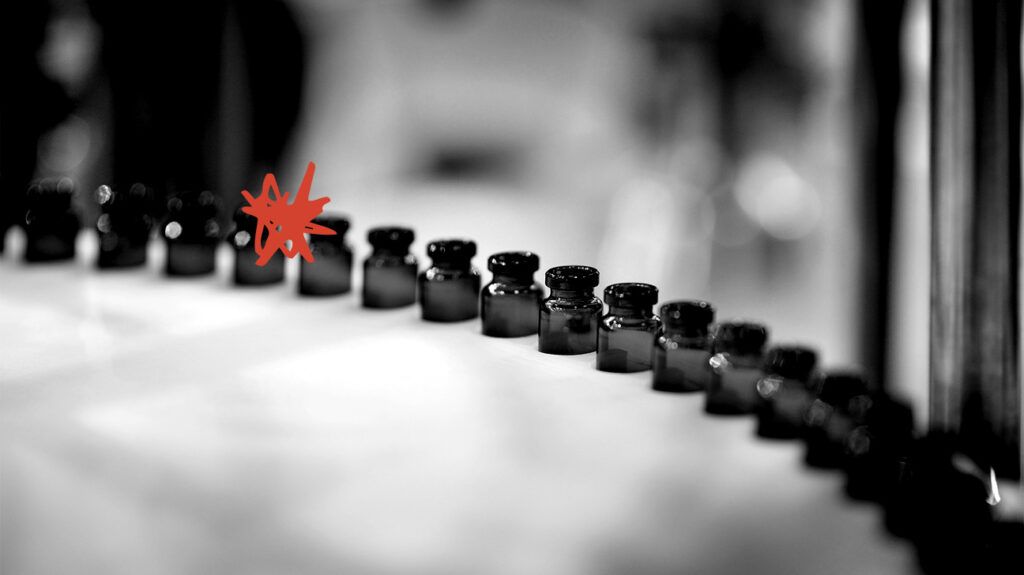Alkyl nitrite, often referred to as poppers, is a liquid drug that can give an instant high when inhaled. They are unsafe for people to take.
Poppers have a widespread recreational use. The drug can cause euphoric effects and act as a sex enhancer by relaxing the anal muscles. They are sometimes marketed as room deodorizers or leather cleaners, although people rarely use them for these purposes.
Other names for it are butyl nitrite and liquid gold. The effects of poppers appear quickly and include dizziness, warm sensations, an increased heart rate, and headaches.
This article covers the uses and safety profiles of poppers.

it is
Some people mix poppers with erectile dysfunction medication, such as sildenafil (Viagra) and tadalafil (Cialis). This can increase the risk of cardiovascular complications, which can be fatal.
Mixing poppers with alcohol is also unsafe and can result in a dangerous drop in blood pressure. In addition, alcohol can increase the risk of adverse effects such as dizziness and lightheadedness.
People typically use poppers for a pleasurable feeling of intoxication or euphoria, but some find the experience unpleasant and disorientating.
Poppers primarily act as vasodilators, which means that they expand blood vessels. Having dilated blood vessels can cause:
- a sudden drop in blood pressure
- dizziness
- an increased heart rate
- lightheadedness
- warm sensations throughout the body
If blood pressure drops too low, it may cause fainting or a loss of consciousness.
Poppers also relax the muscles around the anus. Some people report that using poppers enhances their pleasure from anal sex. However, the drug can also reduce the ability to get an erection.
Poppers may cause other unwanted effects, such as:
- Headaches: Because poppers cause blood vessels in the brain to widen, headaches can result. They can vary in intensity and may persist after the euphoric effects of the drug wear off.
- Respiratory reactions: Inhaling strong chemicals, such as poppers, can affect breathing and other functions of the respiratory tract, leading to sinus problems and wheezing.
- Allergic reactions: Scented poppers can cause problems for people who are allergic to certain fragrant chemicals.
- Pressure in the eyes: Alkyl nitrite can increase the levels of fluid in the eyes, causing intraocular pressure. This can be dangerous for people who have, or are at risk of, the eye disorder glaucoma.
Other adverse reactions include chest pains, nausea, loss of coordination, and nosebleeds.
In a survey conducted between 2015 to 2017, it was estimated that 3.3% of adults had used poppers.
A review of inhalant use among sexual minorities found that over a third of gay men in the U.S. will use poppers in their lifetime, while heterosexual women had the lowest rate of use.
Popper use is widespread, but the drug can cause serious side effects. Some reactions can be fatal.
Anyone with questions or concerns should discuss the risks and side effects of a drug with a healthcare professional. They can also offer support and referrals to people who want to limit or stop their drug use.


